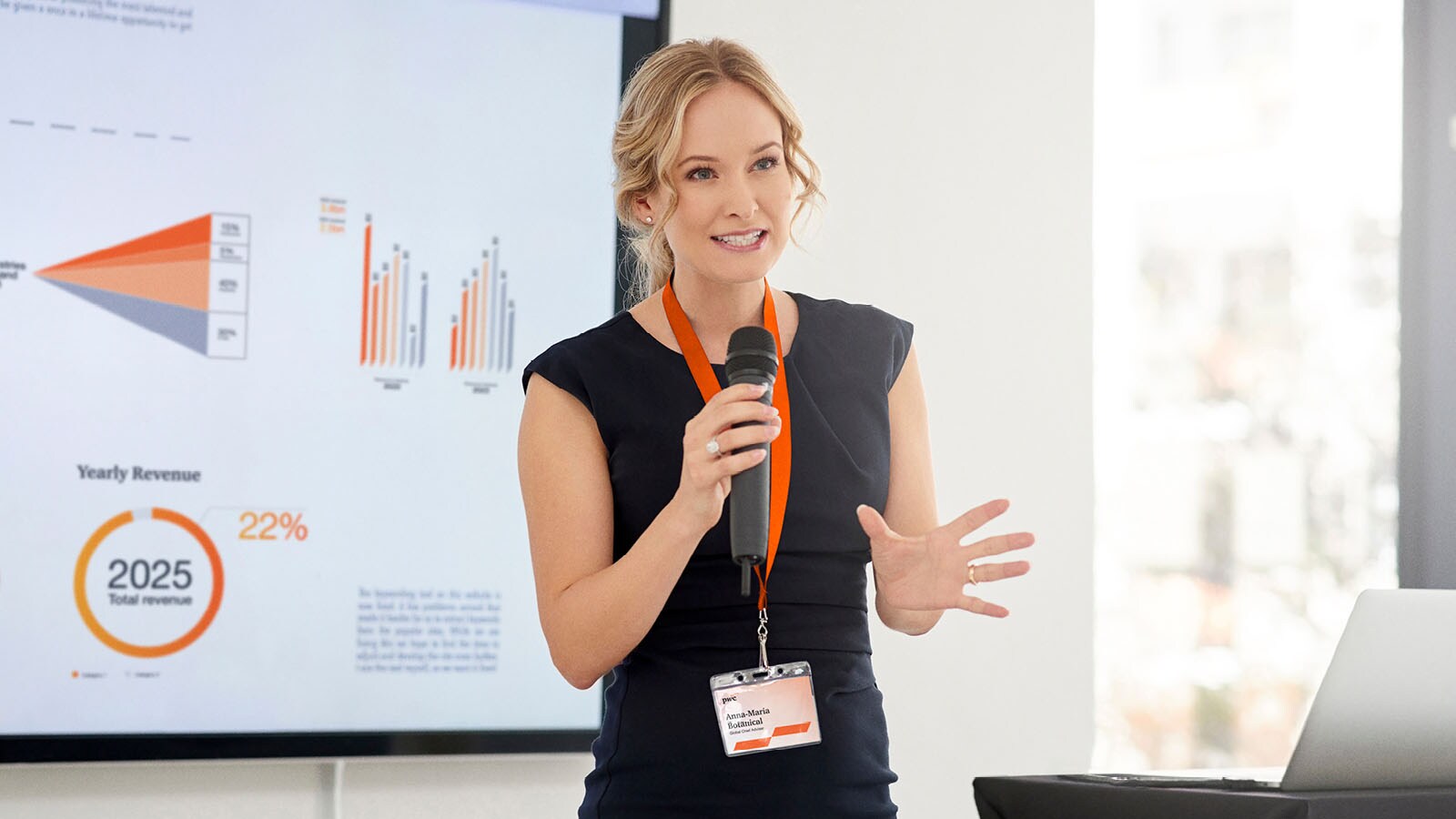State Budget Law for 2026
Tax Benefits

Check PwC’s analysis of the 2026 State Budget regarding Tax Benefits. Stay informed about all the changes. Have questions? PwC has the answers!
IRS and Social Security
Productivity Bonuses, Performance Bonuses, Profit-Sharing and Year-End Bonuses, Paid Voluntarily and Irregularly
The benefit relating to productivity bonuses, performance bonuses, profit-sharing and year-end bonuses, paid voluntarily and without regularity, is extended.
This benefit provides for an exemption from PIT and an exclusion from Social Security contributions, up to a limit of 6% of the annual basic remuneration, on amounts paid in 2026 to employees or members of statutory bodies, as productivity bonuses, performance bonuses, profit-sharing and year-end bonuses, provided they are paid voluntarily and without regularity.
This exemption only applies if the employer, in the year 2026, has implemented a salary increase eligible for the purposes of the tax incentive for salary enhancement.
Where applicable, explicit mention of compliance with these conditions must be included in the annual income statement provided to the employee by the employer.
The withholding tax rate to be applied to these amounts is the one corresponding to the monthly remuneration for dependent work in the month in which the payment or availability is made.
PIT and CIT
Regime Applicable to Entities Licensed in the Madeira Free Trade Zone from 1 January 2015
The Madeira Free Trade Zone regime is extended until 31 December 2033.
CIT
Tax incentive for wage increase
The reference rate for meeting the two requirements regarding the increase of annual base remuneration is reduced from 4.7% to 4.6%.
Tax benefits extended
With a view to its review within the framework of the assessment of tax benefits to be carried out in 2026, the following tax benefits provided for in Tax Benefits Code are extended until 31 December 2026:
- deductions relating to social impact bond partnerships (Art. 19-A);
- external loans and rental payments for imported equipment (Art. 28);
- financial services provided by public entities (Art. 29);
- swaps and loans from non-resident financial institutions (Art. 30);
- deposits with non-resident credit institutions (Art. 31);
- repo operations with non-resident financial institutions (Art. 32-C);
- managing entities of designations of origin and geographical indications (Art. 52);
- managing entities of integrated management systems for specific waste streams (Art. 53);
- sports, cultural and recreational clubs (Art. 54);
- associations and confederations (Art. 55);
- common lands (Art. 59);
- tax incentives for forestry activity (Art. 59-D);
- forest management entities and forest management units (Art. 59-G);
- deduction for the purposes of determining companies’ taxable profit (Art. 62);
- deductions from personal income tax liability (Art. 63);
- VAT – gratuitous supplies of goods and services (Art. 64).
The extraordinary regime of support and expenses incurred in agricultural production is also extended until 31 December 2026.
PwC Newsletter: State Budget Law for 2026
Download PwC’s newsletter and stay up to date with our experts’ analysis of the State Budget Law for 2026.
State Budget 2026 – Everything you need to know about the tax changes
Follow the tax changes introduced by the State Budget Law for 2026. Have questions? PwC has the answers!
Contact us
